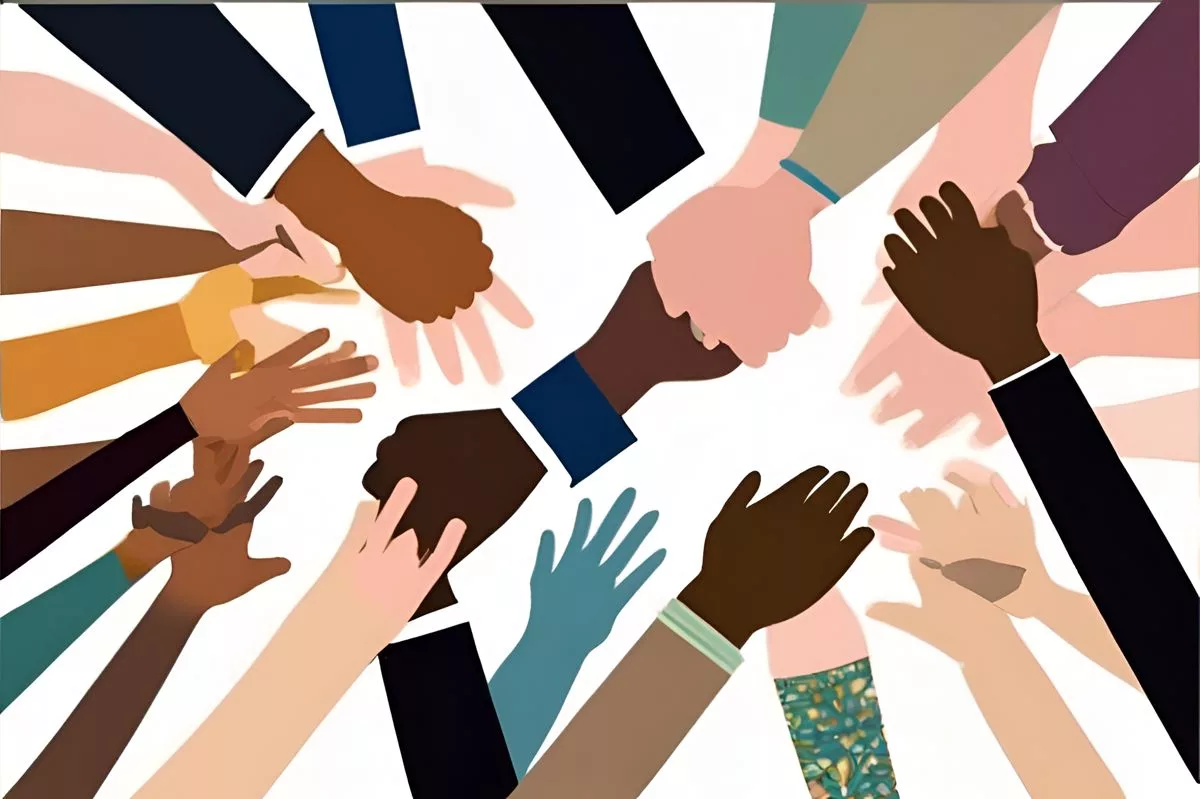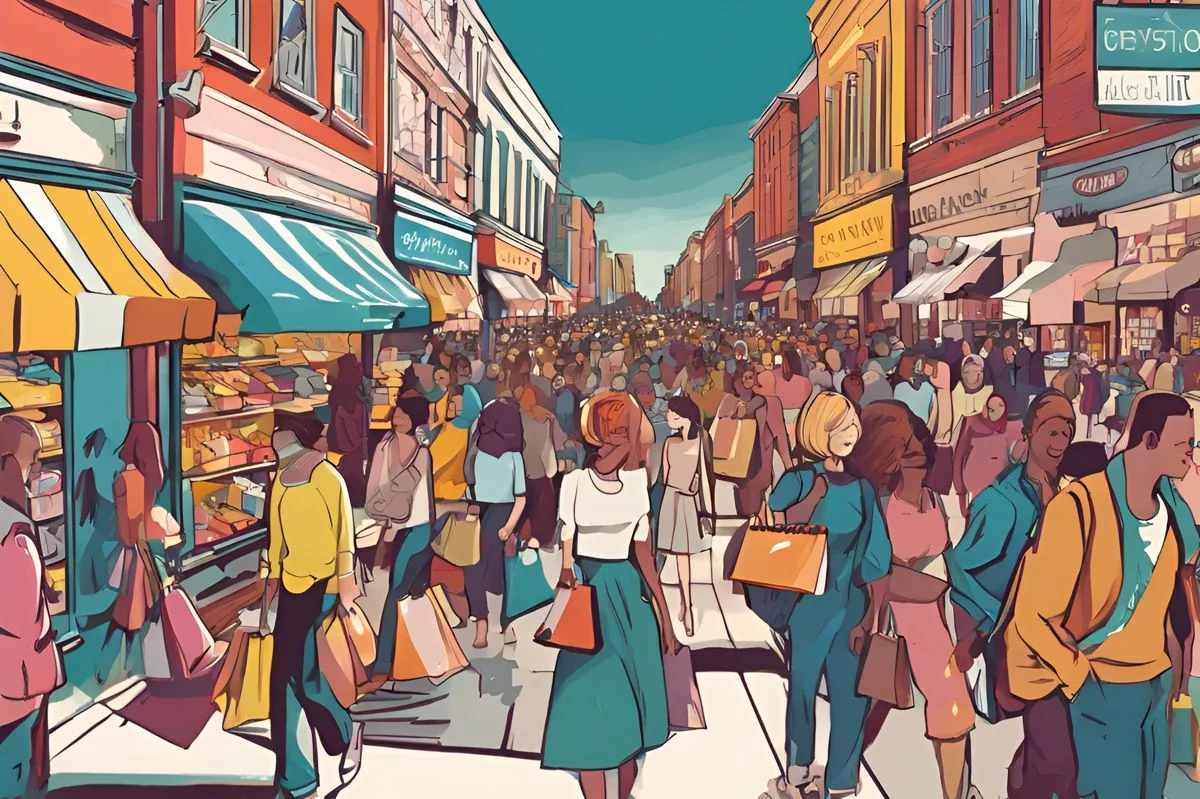South Africa has formed a groundbreaking coalition government comprising eleven political parties after a landmark election on May 29, 2021. The Government of National Unity (GNU) exemplifies unity, diversity, and collective responsibility, with a mandate to combat poverty and inequality, establish a more equitable society, and prioritize rapid, inclusive, and sustainable economic growth. The appointed executives represent the nation’s diversity and are not there to serve a specific constituency, party, or societal section, reflecting the country’s democratic ambitions. The coalition plans to organize a National Dialogue to work collaboratively to tackle the nation’s critical challenges.
What is South Africa’s Government of National Unity?
South Africa’s Government of National Unity (GNU) is a coalition comprising eleven political parties. It was formed after landmark elections held on May 29, 2021, and exemplifies unity, diversity, and collective responsibility. The coalition’s mandate is to combat poverty and inequality, establish a more equitable society, and prioritize rapid, inclusive, and sustainable economic growth. The appointed executives represent the nation’s diversity and are not there to serve a specific constituency, party, or societal section.
South Africa, a nation rich in history and known for its colorful political landscape, is continually seeking transformation and diversity. The recent formation of the Government of National Unity (GNU) marks a significant shift in the country’s democratic trajectory. An unparalleled alliance of eleven political parties has formed this coalition, collectively pledging to shape South Africa’s future.
Historic Elections and the Birth of the Coalition
On the 29th of May, a landmark election was held. The citizens of South Africa cast their votes not only for a political party but also for change, development, and rejuvenation. This groundswell led to the creation of the GNU, an unprecedented step in South Africa’s democracy. The coalition exemplifies unity, diversity, and collective responsibility, reflecting the shared goals of the South African population.
The coalition comprises a broad range of political parties, including the African National Congress, Democratic Alliance, Patriotic Alliance, Inkatha Freedom Party, Good Party, Pan Africanist Congress of Azania, Freedom Front Plus, United Democratic Movement, Al Jama-ah, Rise Mzansi, and United Africans Transformation. The coalition’s guiding principles and shared priority agenda find their roots in a Statement of Intent.
The Coalition’s Mandate and Priorities
The coalition’s mandate is founded on their commitment to uphold the constitution, encourage evidence-based policy and decision-making, nurture transparency and accountability in governance, and guarantee the professionalisation of the public service. Their primary goal is to combat the pervasive issues of poverty and inequality to establish a more equitable society, prioritising rapid, inclusive, and sustainable economic growth.
Forming this unity government is a significant and nuanced undertaking. Balancing the immediate needs of the country, the stability and efficiency of the incoming government, and the capabilities of each party involved requires careful consideration. This coalition goes beyond a mere political arrangement. It mirrors the country’s diverse populace and speaks to the democratic ambitions of its citizens.
There have been some concerns about the time taken to establish this government, with fears that a prolonged process could affect confidence and stability. However, compared to older democracies where forming multi-party governments can take months, South Africa’s quick action to unite eleven parties is praiseworthy.
National Executive and Government Portfolios
The National Executive is entrusted with the collective responsibility to implement the electorate’s wishes. Various factors were considered while forming the National Executive, including government efficiency, individual skill sets and capabilities, and the inclusion of all parties. The representation within the National Executive also reflects South Africa’s diversity and demographics.
Modifications were made to the national government portfolios to meet current challenges and fulfill electoral promises. The ministries of Electricity and Energy have been consolidated, while others like the ministry of Agriculture and the ministry of Land Reform and Rural Development have been split to prioritize key issues.
The appointed executives, from different parts of the country, represent the nation’s diversity. They are not there to serve a specific constituency, party, or societal section. Their collective and individual responsibilities lie with the people of South Africa.
National Dialogue and the Road Ahead
The coalition government, in a spirit of partnership and collaboration, plans to organize a National Dialogue. It will invite all parties, civil society groups, labor unions, businesses, and other stakeholders to work collaboratively to tackle the nation’s critical challenges. This initiative re-emphasizes the coalition’s dedication to unity, shared responsibility, and democratic ideals.
The coalition government’s formation is not just a political landmark. It mirrors South Africa’s democratic maturity, transformation commitment, and its relentless quest for a more equitable and just society. While the journey ahead holds significant challenges, the unity and shared responsibility spirit foster hope for a brighter future for South Africa.
1. What is the Government of National Unity in South Africa?
The Government of National Unity (GNU) is a coalition comprising eleven political parties, formed after landmark elections held on May 29, 2021. The coalition’s mandate is to combat poverty and inequality, establish a more equitable society, and prioritize rapid, inclusive, and sustainable economic growth.
2. What are the priorities of the Government of National Unity in South Africa?
The coalition’s mandate and priorities are to combat the pervasive issues of poverty and inequality to establish a more equitable society, prioritizing rapid, inclusive, and sustainable economic growth. The coalition also aims to encourage evidence-based policy and decision-making, nurture transparency and accountability in governance, and guarantee the professionalization of the public service.
3. Which political parties make up the Government of National Unity in South Africa?
The coalition comprises a broad range of political parties, including the African National Congress, Democratic Alliance, Patriotic Alliance, Inkatha Freedom Party, Good Party, Pan Africanist Congress of Azania, Freedom Front Plus, United Democratic Movement, Al Jama-ah, Rise Mzansi, and United Africans Transformation.
4. Who represents the Government of National Unity in South Africa?
The appointed executives, from different parts of the country, represent the nation’s diversity and are not there to serve a specific constituency, party, or societal section. The National Executive is entrusted with the collective responsibility to implement the electorate’s wishes.
5. What is the National Dialogue being organized by the Government of National Unity in South Africa?
The coalition government plans to organize a National Dialogue to work collaboratively to tackle the nation’s critical challenges. This initiative re-emphasizes the coalition’s dedication to unity, shared responsibility, and democratic ideals. The National Dialogue will invite all parties, civil society groups, labor unions, businesses, and other stakeholders to participate.
6. What is the significance of the Government of National Unity in South Africa’s democracy?
The formation of the Government of National Unity is a significant and nuanced undertaking. Balancing the immediate needs of the country, the stability and efficiency of the incoming government, and the capabilities of each party involved requires careful consideration. This coalition goes beyond a mere political arrangement. It mirrors the country’s diverse populace and speaks to the democratic ambitions of its citizens. The formation of the GNU is a reflection of South Africa’s democratic maturity, transformation commitment, and its relentless quest for a more equitable and just society.












